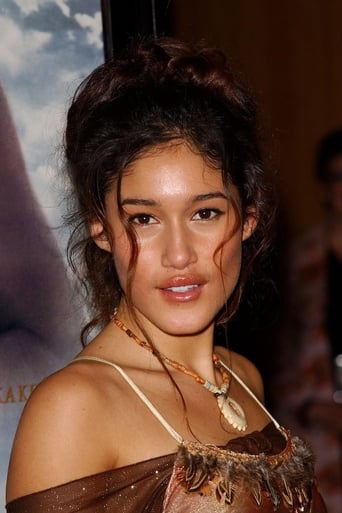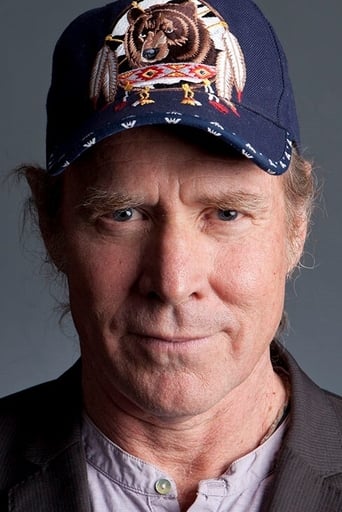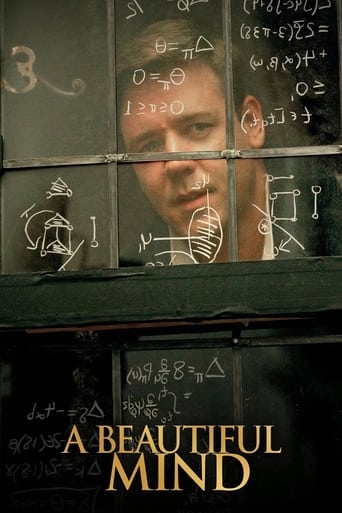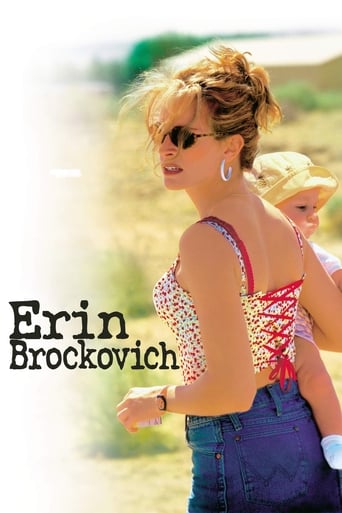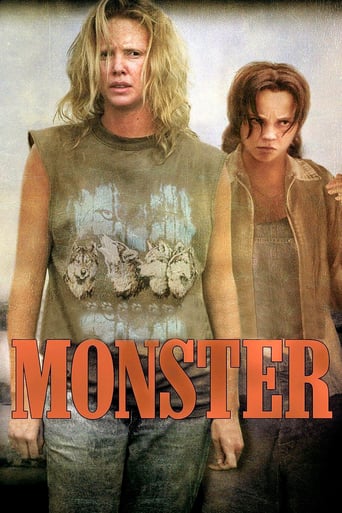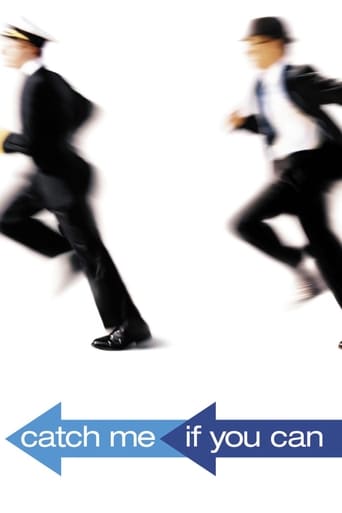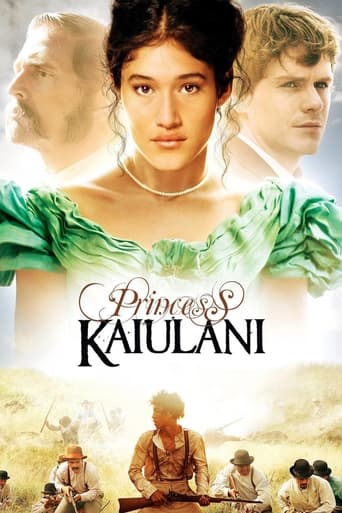
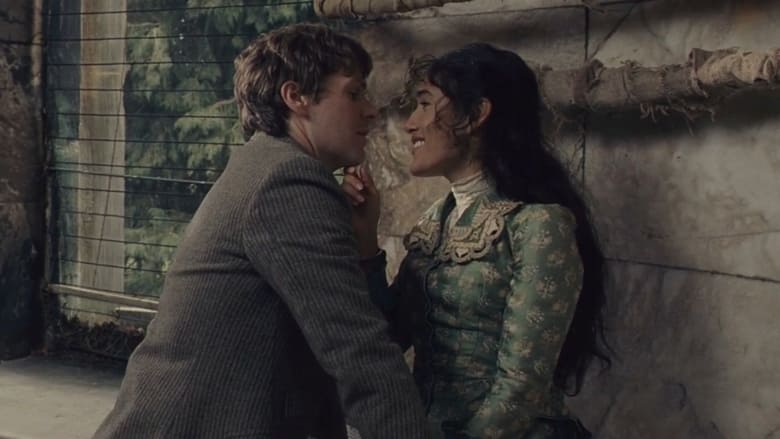
Princess Kaiulani (2010)
Ka'iulani, a 19th-century Hawaiian princess, is raised in England but determined to maintain her people's independence from aggressive American businessmen. After being sent to England as a child by her Scottish father, Ka'iulani returns to Hawaii and becomes a political activist who fights to retain her throne, even though she must leave her English paramour.
Watch Trailer
Cast


Similar titles
Reviews
I recall when this movie came out a few years ago, and finally presently got to see it on Netflix streaming movies. Quite a fine movie with an important historical significance. It is inspired by the true story but the disclaimer at the end clearly states that some characters and situations were fabricated for dramatic effect. But the core of the story remains faithful.Q'orianka Kilcher, still in her teens, stars as Princess Ka'iulani. Her story came during the time that descendants of American missionaries overthrew the Hawai'ian monarchy in 1893, and over the next few years the island nation was annexed by the USA. Not covered in this movie, Hawai'i became the 50th state in 1959. I was a teenager in 1959 and vaguely remember its becoming a state. As a kid I naturally thought everyone was probably happy about such a thing. As this movie points out it was all a struggle for the native people and Hawai'i was given a formal apology in 1993 by the President of the USA.Anyway this is a fine movie and Ms Kilcher is lovely as the Princess and portrays her well. Of historical note, the real Princess died only a couple of years later, at the age of 23.
I watched this movie not knowing much about the history of Hawaii before it became a state of the United States of America. It was interesting to learn about the story of the last princess (or some say Queen) of Hawaii. This intelligent, beautiful and elegant young woman fights with passion for her country and it's people.I guess you can say we all know how it ends and unfortunately it is a very sad story for Princess Kaiulani.The movie is a little confusing at the beginning because it is not explained how she is a princess and her uncle is King not her mother who passes. At least I don't think her mother was Queen. Let's just say I am uncertain about that but Kaiulani starts out as a princess and her father is of Scottish descent and not of royal blood.About 45 minutes into the movie I thought is it over all ready not because I was bored really but because the story just seemed like what more could there be to tell. You have to realize this is a film about Princess Kaiulani and not just Hawaii.I think the costumes and production was beautifully done. The storyline a little confusing at time and cuts to soon to different points but it was well done. Not good enough to watch twice but interesting enough if you are into the history of royals and history of Hawaii.
Burt Lancaster was not an Indian, but the English/Irish actor played a Potawatomi in Max Steiner's "Jim Thorpe: All-American" and one of Geronimo's tribesman in Robert Aldrich's "Apache". Paul Muni had no Chinese blood. Susan Kohner had no black blood. Marlon Brando had no Okinawan blood. In retrospect, now that the cinema is well-represented by all walks of life, such racial performances, however well-meaning, instantly dates the film. Blood is important, but it doesn't necessarily have to make or break the movie if the filmmaker employs red-face(or black-face, or yellow-face) simply as a means to an end(the productions of "The Good Earth", "Imitation of Life", and "The Teahouse of the August Moon" would not have been mad without the prevailing film industry's political incorrect casting practices), in which the masquerading actors aren't consciously foregrounding their appropriated ethnic impersonation through grotesque minstrelism(for starters, Mickey Rooney's take on the Japanese in Blake Edwards' "Breakfast at Tiffany's"). Nowadays, if a minority race gets misrepresented, it's less a matter of outright racism, but rather, a marketability concern, which is best exemplified by the casting of non-Japanese actresses Zhang Ziyi, Gong Li, and Michelle Yeoh in "Memoirs of a Geisha". Likewise, "Princess Kaiulani", a sugar-coated chronicling of the Hawaiian royal who, due to American intervention, was denied the chance to rule her island nation, would never have been financed with a "Hapa"(a Hawaiian with Caucasian blood). It's a knee-jerk reaction to call this film racist, because the overriding flaw of "Princess Kaiulani" has nothing to do with Q'orianka Kilcher's Peruvian/Spanish background; it's the performance that the filmmaker coaxes out of her, which doesn't clearly delineate a resolute anti-colonization stance. That's because the star of Terrence Malick's "The New World", as Kaiulani, behaves more like her oppressors, than the native Hawaiians she professes to love.By all accounts, Princess Kaiulani was not a coward, so the historical inaccuracy of a colonialist-led insurgency(during a lighting ceremony which introduced electricity to Honolulu) as being the catalyst for her overseas voyage to England, could be construed as an insult to the girl's legacy. Being non-Hawaiian is not the insult. But it's a forgivable offense(in the context of narrative film), since all biopics that depict the past rewrites itself for the sake of clarity and time compression. While in London, Kaiulani complies with Belle Epoque fashion(wide-shouldered blouse with muttonchop sleeves, cinched with a corset and wide belt to hug the waist), which wouldn't have been especially foreign to the princess, who wore European-style clothing back home, but Kilcher's assignation of the fairer "ali'i" suggests that the filmmaker decided against addressing the young woman's "other-ness". Although Kaiulani should look English, she shouldn't literally be a descendant of Queen Victoria, which is how Kilcher plays the princess, as a "barbarian" without the slightest trepidation about gaining entree into a wholly new culture. Kaiulani seems bereft of royal carriage, giggling and mugging for Clive(Shaun Evans), lost as she is in the throes of love, despite her consciousness(that's why the opening scene proves to be problematic) of the governmental tumult back home, having been a first-hand witness to the king's premier being taken hostage at gunpoint by the Hawaiian League before her hasty departure. This big romance dominates "Princess Kaiulani", at the expense of detail surrounding the fallout from the Bayonet Constitution that resulted in the reigning queen(Liliokulani) being ousted from her dismantled court. The film conjures up emotional uplift(big rabble-rousing speeches, an appointment with President Cleveland, the restoration of her title, purely symbolic) to obscure the tragedy that befell the native population, who had lost their land to the missionaries(a fact that gets lost in Kaiulani's small victory of restoring the Hawaiian people's right to vote), and lives(due to disease transmitted from the newly minted foreign landowners). Not enough is made ado about this drastic transference of power. Worst of all, despite Clive being in cahoots with his family to deceive Kaiulani(who should have known that a coup was in the making), she accepts the British gentleman with open arms at her seaside "coronation", going so far as kissing him in front of her people during their darkest hours. That is not how a dethroned monarch would act. "Princess Kaiulani" treats the loss of her personal happiness and kingdom as commiserating catastrophes. Being ethnic for an ethnic role, in this case, Hawaiian, is not nearly as important as acting certifiably ethnic, a non-Hawaiian with an authentic spirit, which is what Kilcher lacks, as a result of he filmmaker's passive attitude towards colonization.
Q'Orianka Kilcher plays Princess Kaiulani, in a true story about one of the last heirs to the throne of the Kingdom of Hawaii. The film follows Kailulani's life, starting with her early, happy life in Honolulu, then, her education at Victorian England after the imposition of the Bayonet Constitution, which stripped Hawaiian monarchy of much of its authority. When Hawaii is soon overthrown, she returns to Hawaii in her campaign to convince the U.S. to reverse the overthrow.This adaptation of Princess Kaiulani's life probably should've been quite good. It is a fascinating part of Hawaiian history that many are unfamiliar with. It was unfortunate, therefore, that the film spent much of its time on the less historical, but more mundane aspects of Princess Kaiulani's life.Q'Orianka Kilcher's performance brings a relatable, somewhat spunky, every-girl aspect to her princess character. With that said, the script, sadly, doesn't fully flesh her out as I hoped. Many scenes in her life feel just tacked on to evoke sympathy, but no real texture or subtlety. For example, all the scenes with her prized seashell collection, which one would think will play a big part later, isn't really brought up again to any real significance. The supporting characters don't fair any better. Kaiulani's close friend Alice (Tamzin Merchant) is two-dimensional, and is allowed only to look deeply concerned and appears merely to suit Kaiulani's needs in the plot. I had no idea what benefit Alice gets from being Kaiulani's friend. Miss Barnes (Catherine Steadman), one of the heads of the school, comes off as just a generic, mean lady that audiences can hiss at. Kaiulani's initial relationship with one of the servant boys, which appeared significant at first, doesn't turn into anything beyond a small scene later. Admittedly, Jimmy Yuill is memorable as Kaiulani's Scottish father, Archie, who appears to be Kaiulani's biggest supporter and perhaps the biggest motivator for her to want to help her people. I also liked all the scenes involving King Kalakaua (Ocean Kaowili), a charismatic and somewhat tragic character, certainly.I felt too much time was spent on Kaiulani and Clive's (Shaun Evans) romance, which felt generic, if not unnatural, given the fact that they were supposed to dislike each other. I must've seen this scene many times--the girl accidentally falls on the guy from the bicycle, both tumble onto the grass, and they fall in love with picturesque green hills in the background. In contrast, the kissing scenes are rather sensuous, even if the romance is on the bland side. However, things do get more interesting when Kaiulani has to pick between the plights of her people and a possible marriage to Clive.The film shines when the subject of politics is involved. A dinner conversation scene with Kaiulani and President Cleveland (Peter Banks) using food as a way to talk politics is clever and effective. A scene where Kaiulani gives her first speech shows that she does have her flaws, and allows us to really root for her character. There's also a war scene that bring a bit of harsh reality to the situation in Hawaii. All the scenes that relate to history are the best scenes. In addition, the period sets and costumes are excellent in this film and really bring out the Victorian time period. It would've been nice to see more on how a Hawaiian monarchy functions, but what is shown is still interesting.Despite initial pacing issues, the film picks up as we get to know Kaiulani as her people know her today—a shrewd politician. Where did she develop this skill? Somewhere during her Victorian England education, I think (although we never saw her study). Princess Kaiulani certainly is a great subject for a film. This film did make me want to know more about her, the politics of the time, and the general history of Hawaii. Perhaps that was the intention. If one were to look her up on Wikipedia, one will find many significant events in her life that were not in this film, which would've been great to see. Perhaps we'll see a film like that one day. As it is, this film is still a good light intro to a fascinating individual. ** ½ out of **** stars.You can follow my reviews on http://twitter.com/d_art


